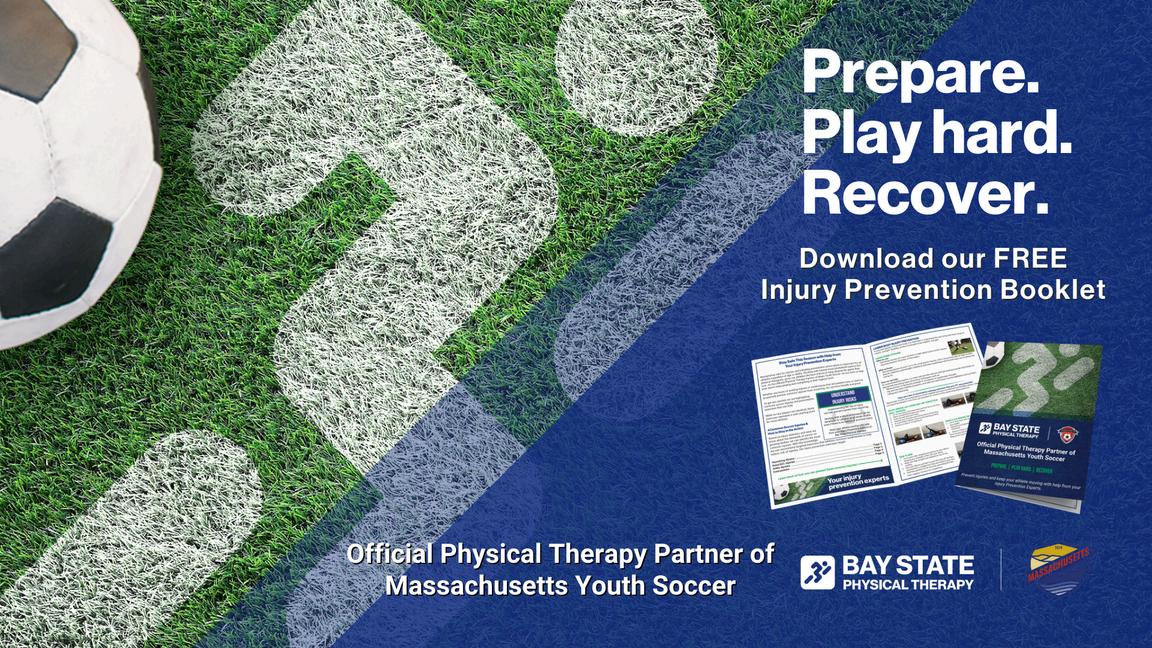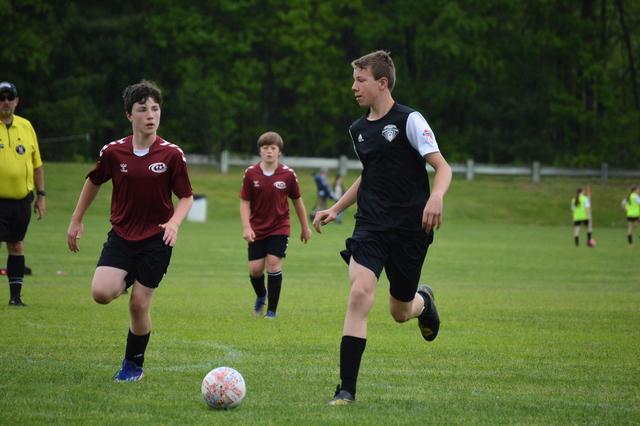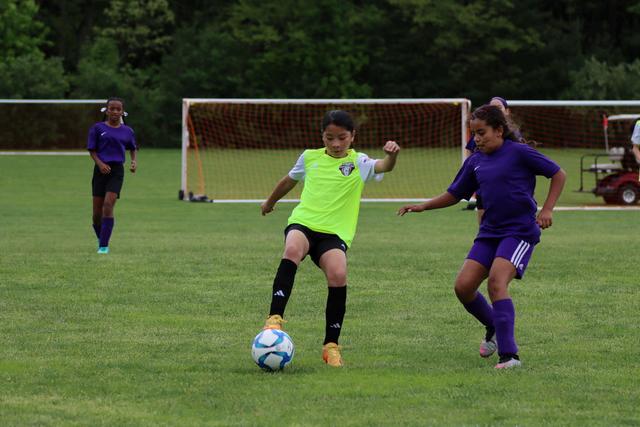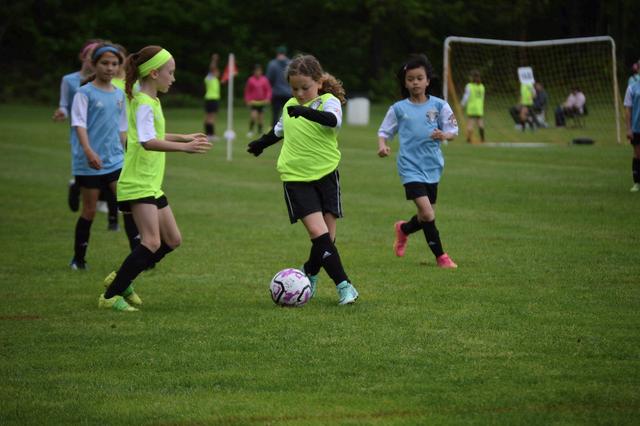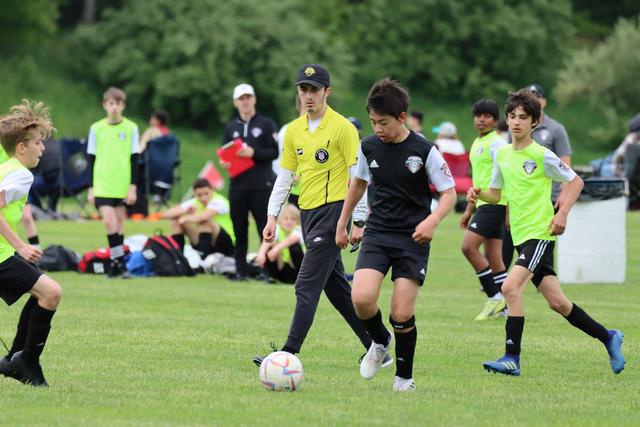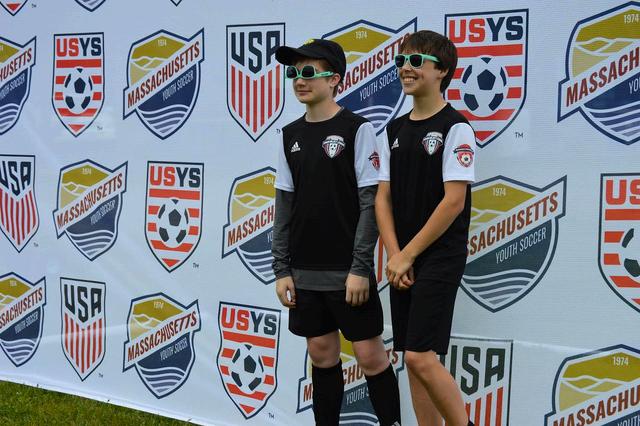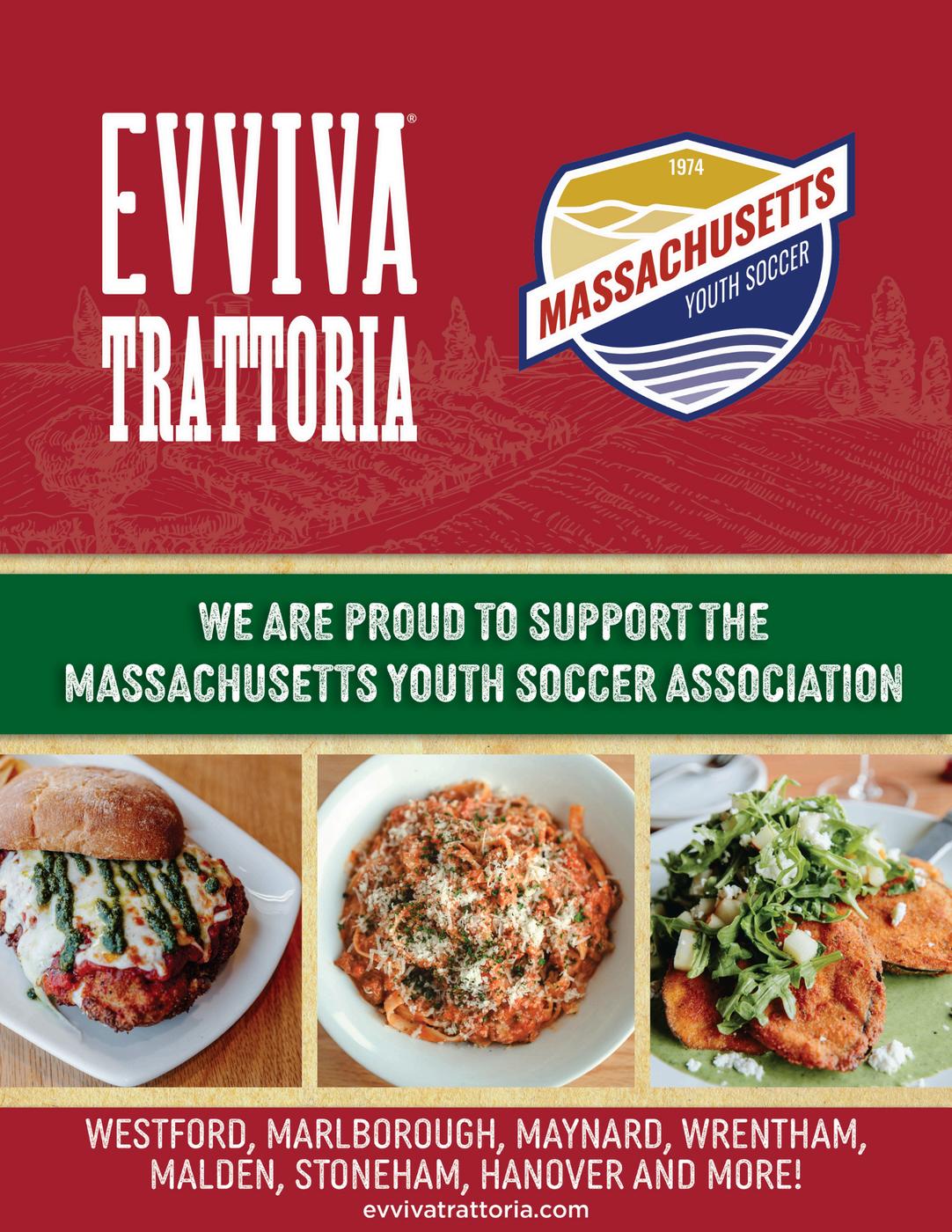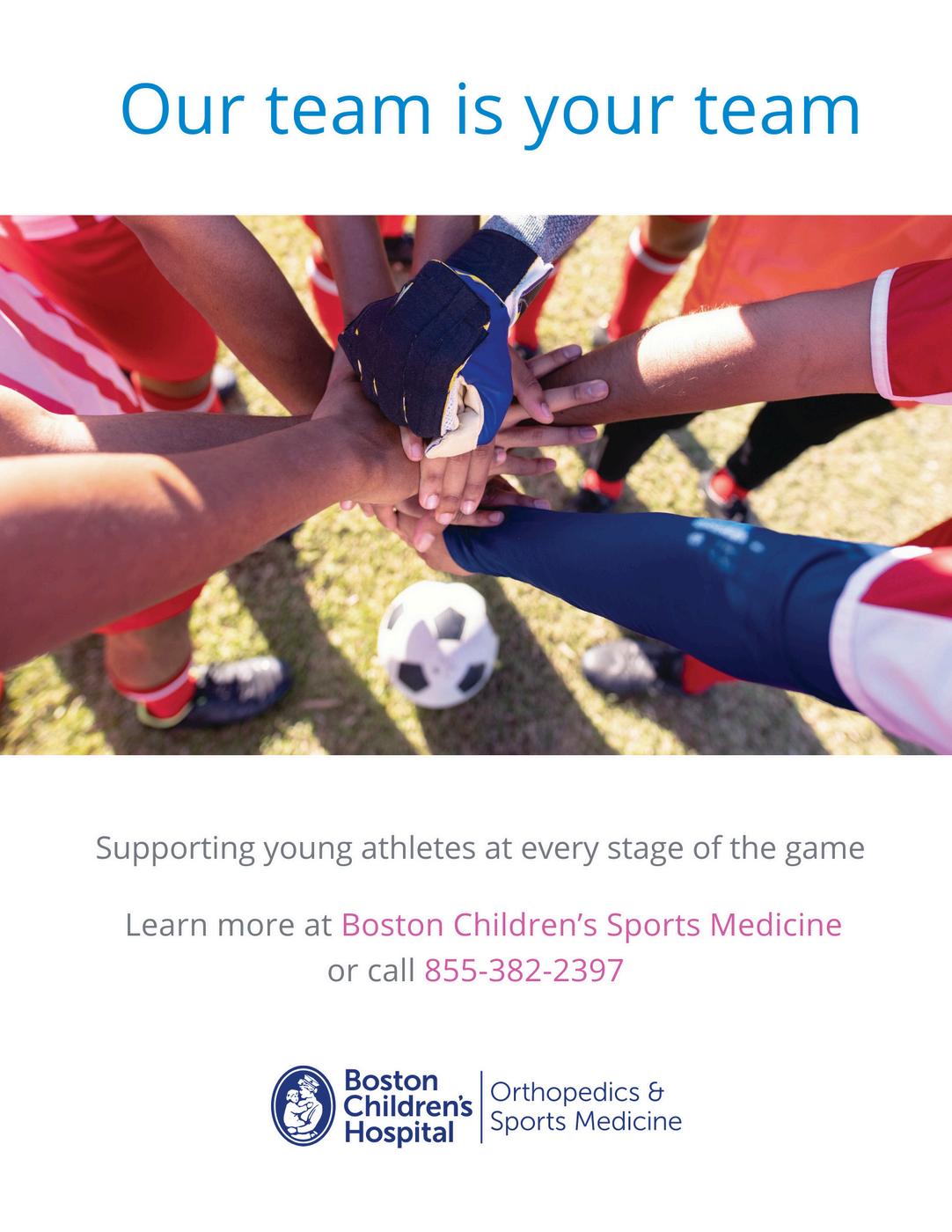Final Score Magazine





Connecting Soccer Families Across Massachusetts



WHAT CAN PLAYERS, COACHES, REFEREES AND PARENTS DO TO PROTECT THEIR SKIN THIS SUMMER FROM THE SUN WHILE AT THE FIELD? FIND OUT WITH COREY DAWKINS FROM BOSTON CHILDREN'S HOSPITAL ON THE LATEST EPISODE OF OUR FINAL SCORE PODCAST.

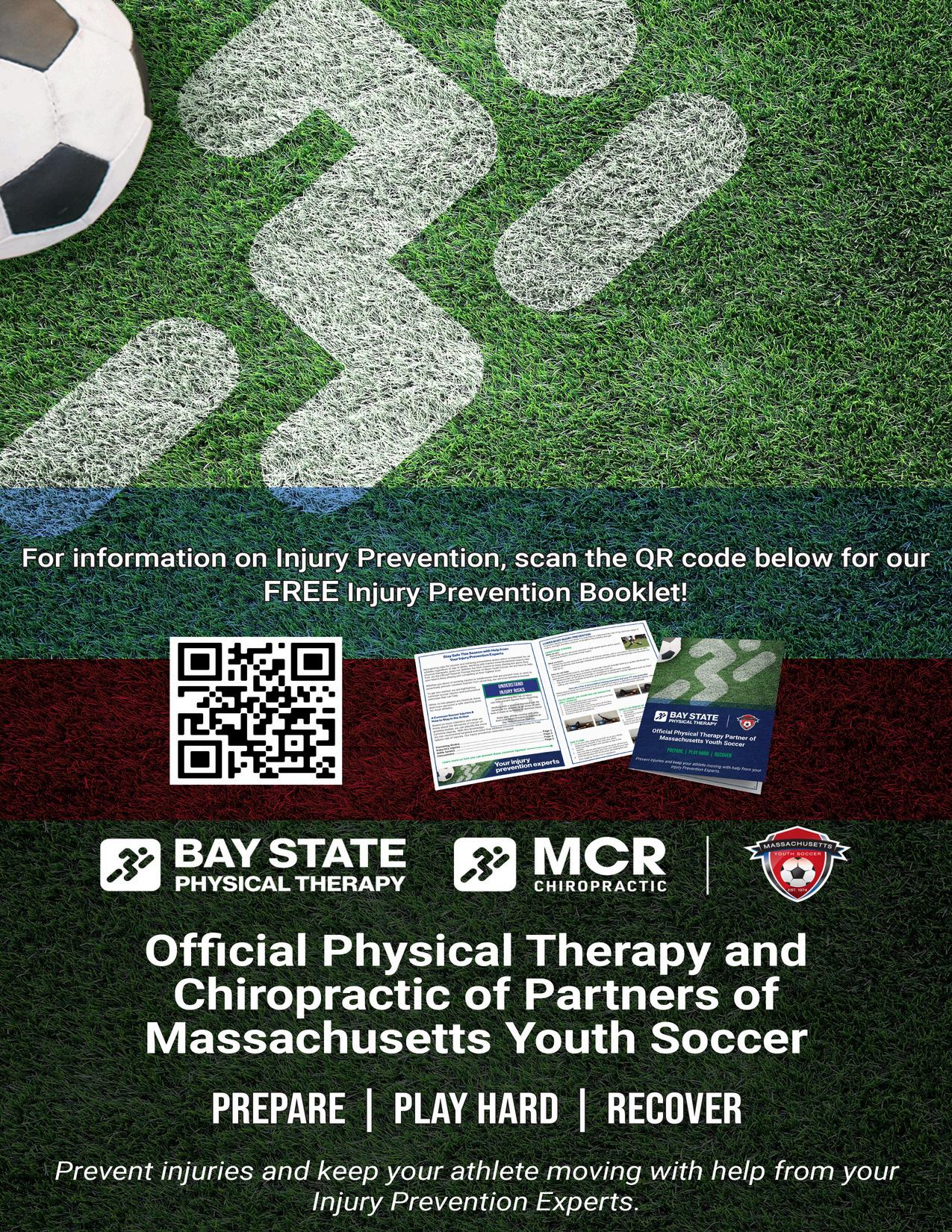


JENNY REARICK COMMUNICATION AND PRESENTATION SKILLSCOACH
https://fit-to-speak com/
A coach who communicates well isn’t guaranteed to be successful, but a coach who communicates poorly will surely be unsuccessful.
Coaches who communicate well have fewer problems and more success.
They experience fewer misunderstandings, they develop a deeper rapport with their athletes, they’re trusted and respected by parents, and when problems do arise, they have the skills and confidence to resolve them quickly.
So, you want to be a better communicator.
The problem is, it’s hard to find information on how to improve your communication skills in a practical way.
You’re in luck. In this article, I’ll share three practical communication skills you can start using immediately.
If you can do these three things well, you’ll notice a significant difference in your self-confidence and your ability to create
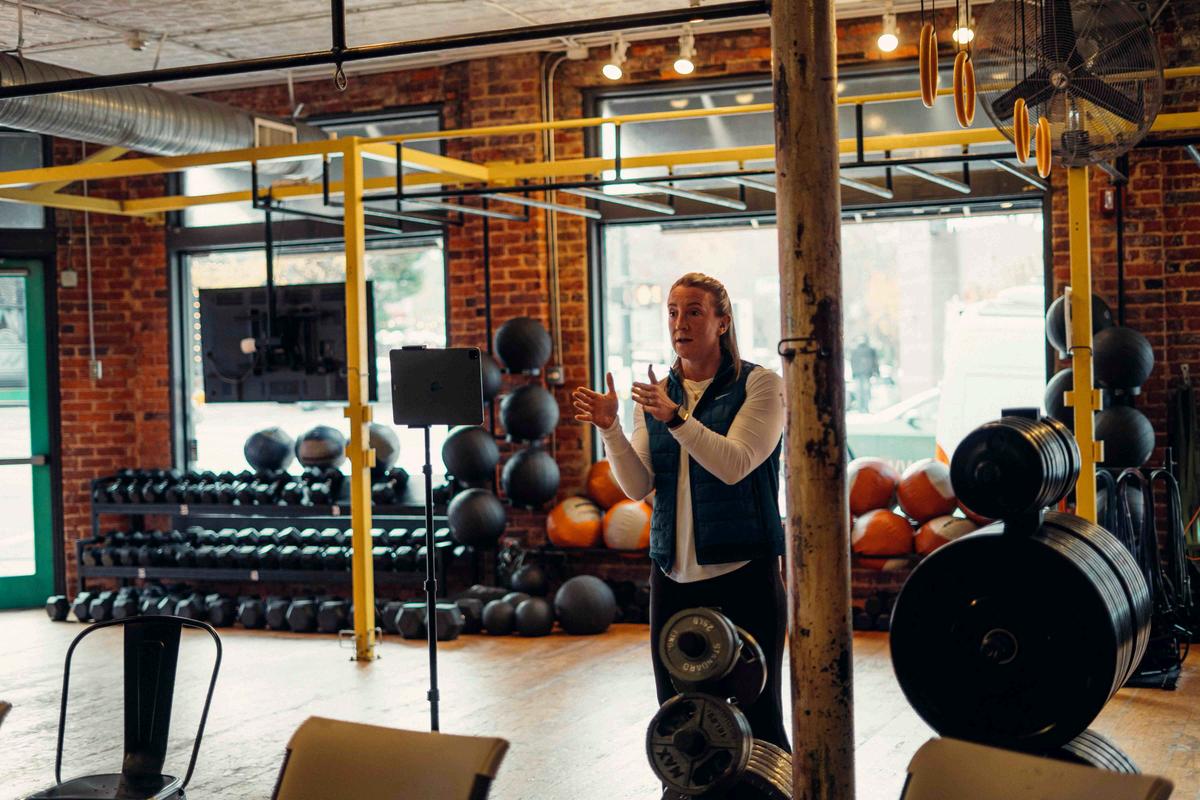
understanding and buy-in with both players and parents.
1. Make more direct eye contact when you’re communicating.
Eye contact is the most natural form of connection other than touch.
Whether you’re communicating one-on-one or in a group setting, eye contact is the most powerful nonverbal tool you have to create engagement and build rapport. It’s also a demonstration of your attention and comfort, and will help you get a better read on how you and your message are being received.
Most of us are pretty good at making eye contact during oneon-one interactions, but we struggle to manage it when we’re addressing groups of people.
So, how should it be done?
When you’re speaking to a group of people (athletes, parents, etc.), use your eye contact the same way you use it in your oneon-one interactions.
Instead of scanning your eyes across the group as you speak, focus on speaking to one person at a time. Once you say a thought or sentence to one person, move your eye contact to someone new and say your next thought or sentence.
Think of it as having multiple one-on-one conversations in a group setting. By the time you’re done speaking, you should have made focused eye contact with most people in the group.
Managing your eye contact like this will help keep you settled from a speaking standpoint and will have each individual in your listening audience fully engaged.
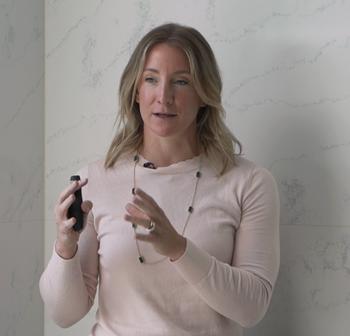
2. Get in the habit of checking for understanding.
Just because you say something doesn’t mean it will be heard or understood.
But that’s exactly what we do.
We say something that makes sense to us, but don’t followup and ask our listeners if it makes sense to them.
But isn’t that your ultimate goal when you communicate – to have your listener(s) understand your message in the way you intend it to be understood?
If you find yourself saying the same things over and over, it might be time to get in the habit of checking for understanding.
You might say…
“What are you taking away from this conversation?”
“I’m not sure I did a good job explaining. Could you tell me what you heard me say so I know if I need to explain it another way?”
“There are a lot of moving parts to this and it can be confusing. What questions can I answer?”
“This is a big change from what we’ve been doing. Will you explain it back to me in your own words so I know we’re on the same page?”
The phrasing of these is important because it puts the onus on you (the one communicating) to create understanding, and makes it feel safe for your listeners to admit they need clarification or missed your point entirely.
3. Use paraphrasing to reduce misunderstandings.
"Being listened to is so close to being loved that most people cannot tell the difference." - David Augsberg
Paraphrasing is a critical (active) listening skill for coaches.
What is it?
It’s when you restate what someone else has said in your own words to ensure you understood their message and to show that you are actively listening.
Here are three reasons why you should start doing it:
1. Reduces miscommunication: By restating someone’s message in your own words, you confirm that you’ve accurately understood (in the way they want you to understand).
2.Strengthens relationships: When you paraphrase, it often prompts the other person to provide even
more details, which can enrich the conversation and deepen understanding. They will feel truly seen and heard.
3. Increases retention: Restating the information in your own words helps reinforce your understanding and memory of the conversation.
Most people agree this is a good thing to do, but find it awkward in practice.
Here are a few lead-in statements you can use to make it less awkward:
"So, what you're saying is..."
"In other words, you mean..."
"If I understand you correctly, you’re saying..."
"Let me make sure I got this right. You said..."
"It sounds like you’re suggesting..."
"To put it another way, you’re saying..."
"What I’m hearing is..."
"Just to clarify, you’re saying..."
"So, basically, you believe that..."
A coach who communicates well isn’t guaranteed to be successful, but a coach who communicates poorly will surely be unsuccessful.
You don’t need more information on how to be a better communicator; you need to pick a few simple skills to apply and let them work their magic. Start with one of these three skills!
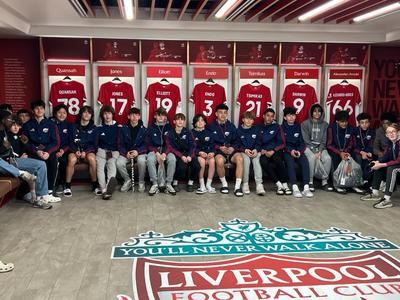
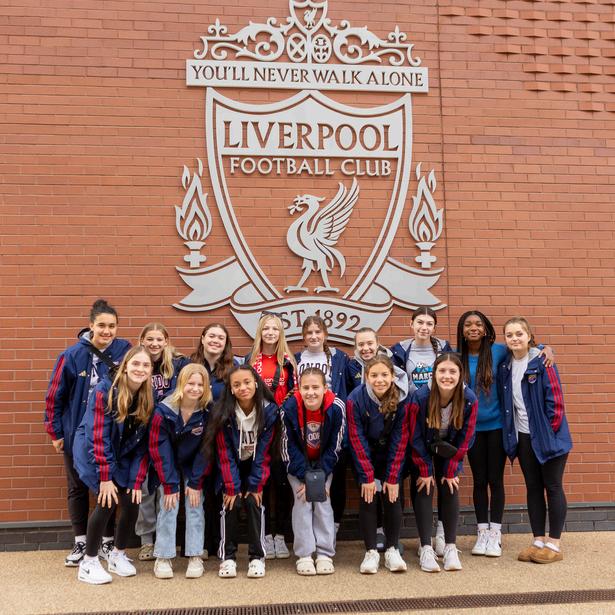
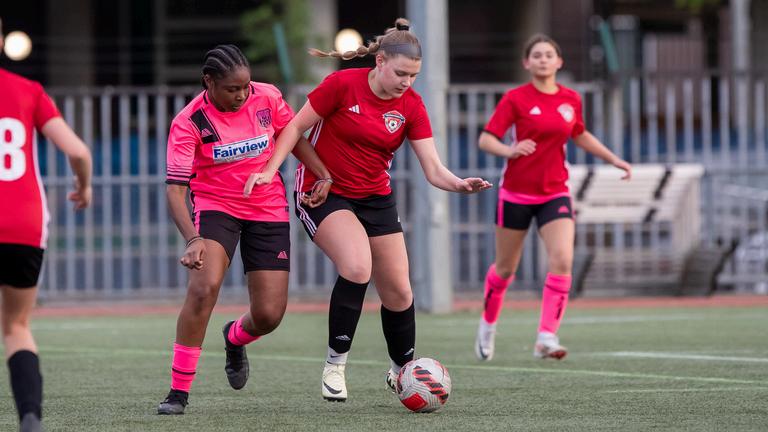
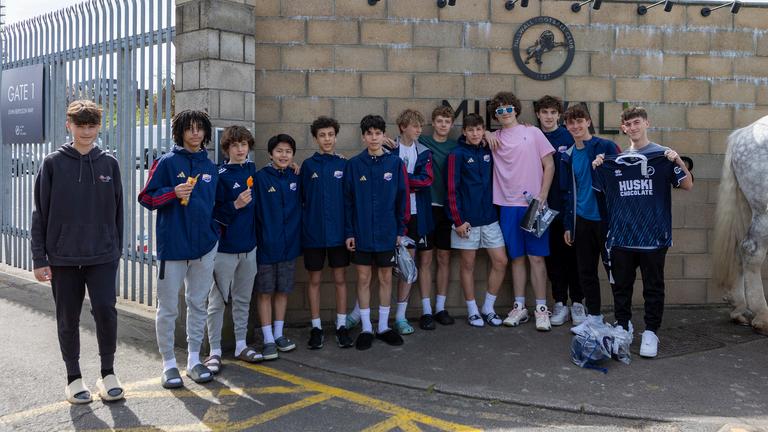
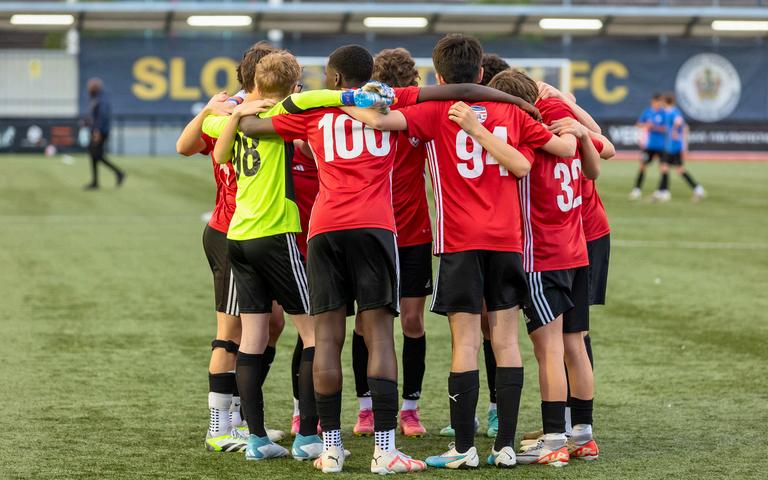


ODP Journeyed to England: A Trip Across the Pond Click here for the Photo Library

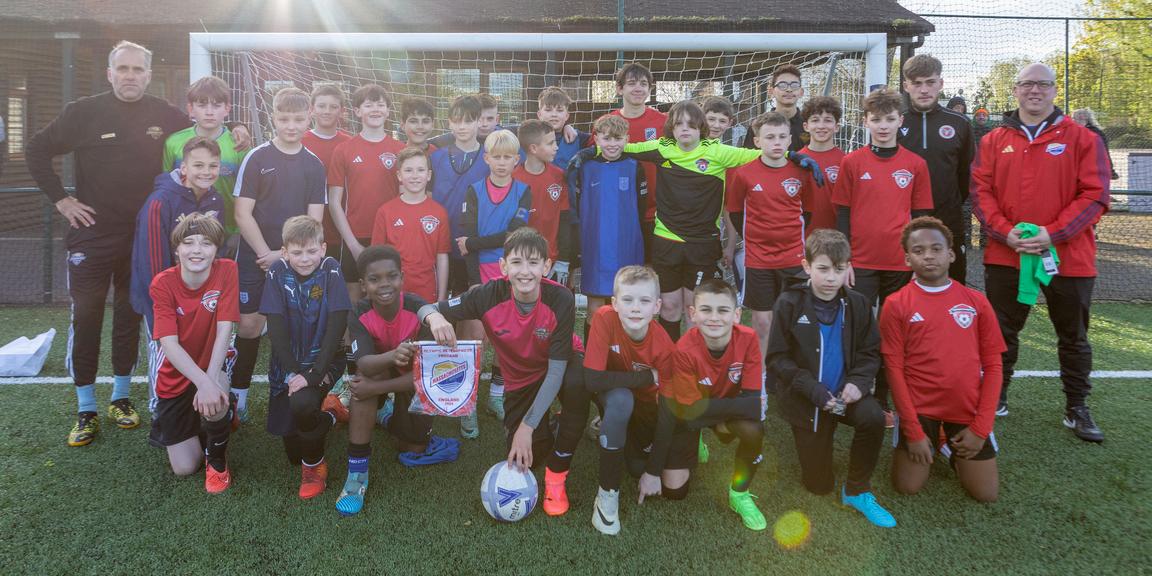
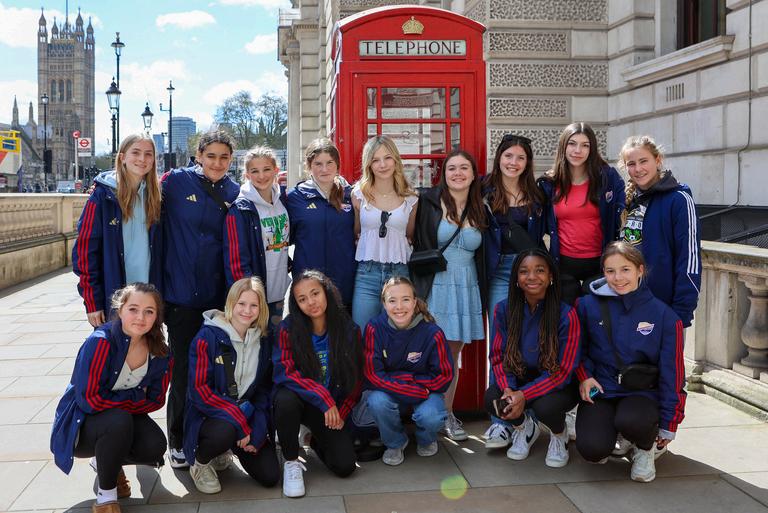
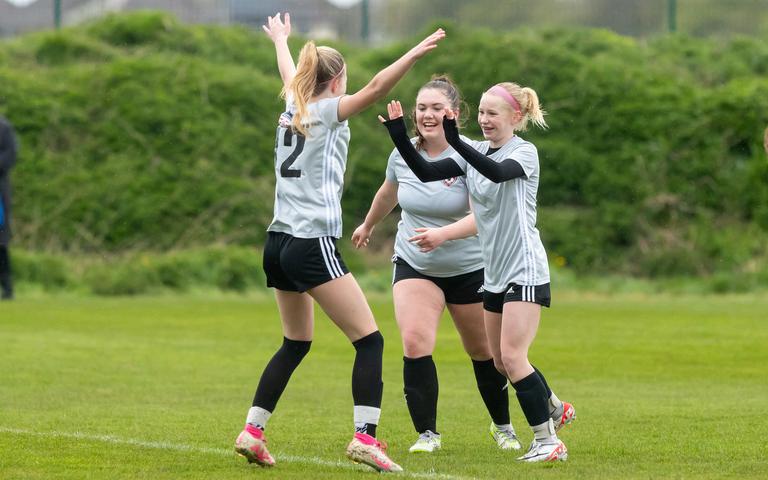
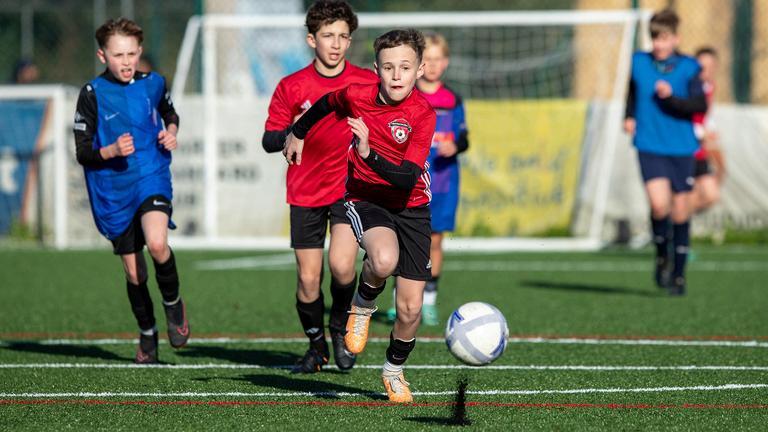


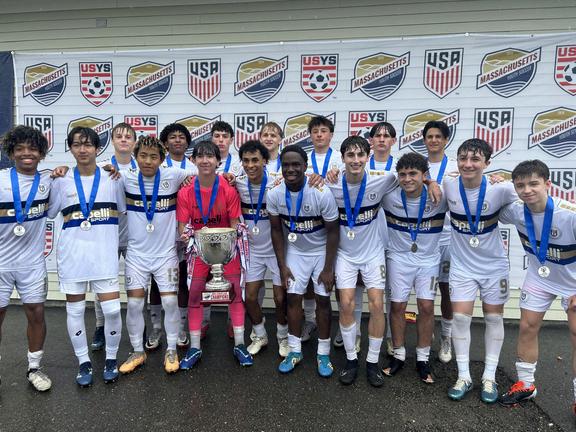


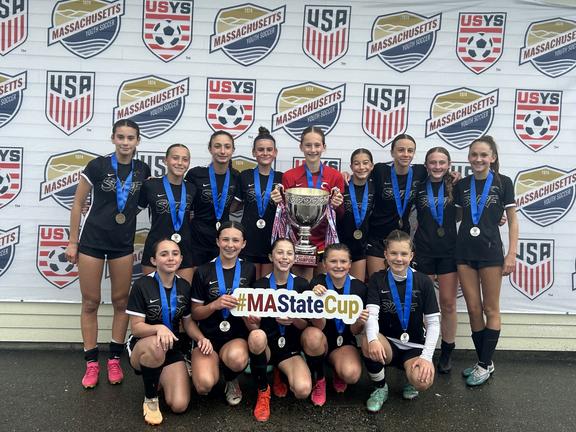




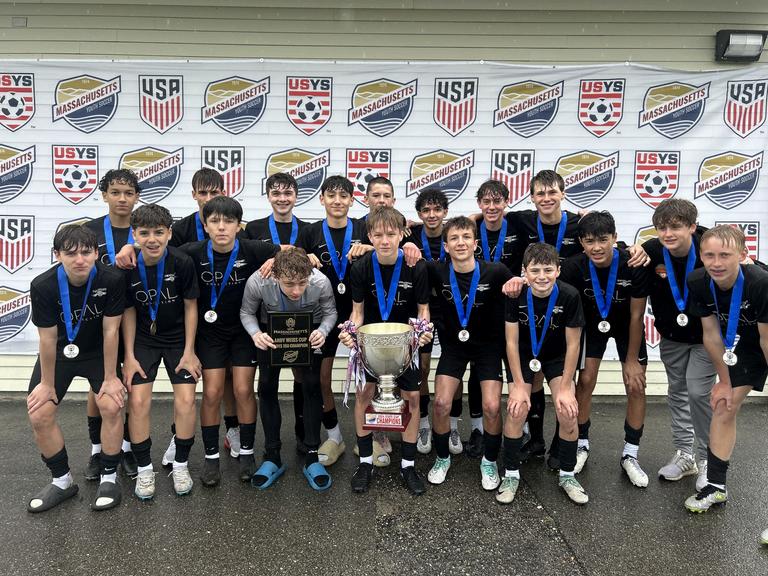
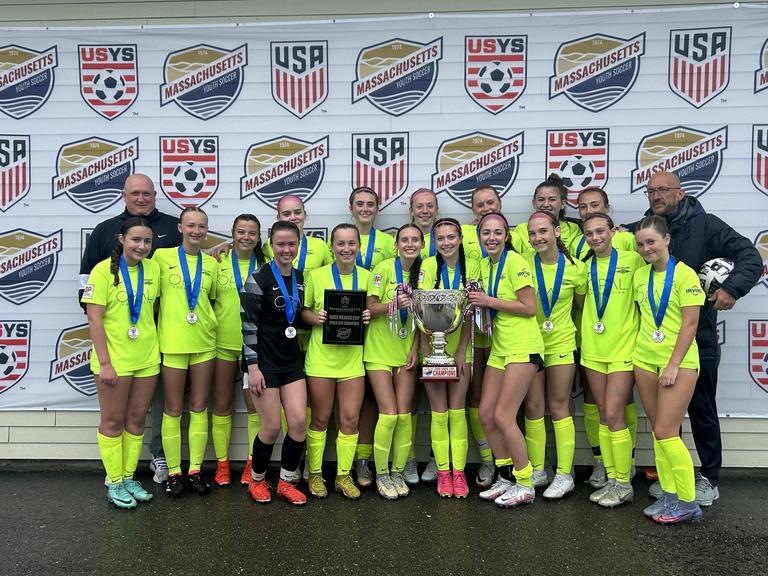
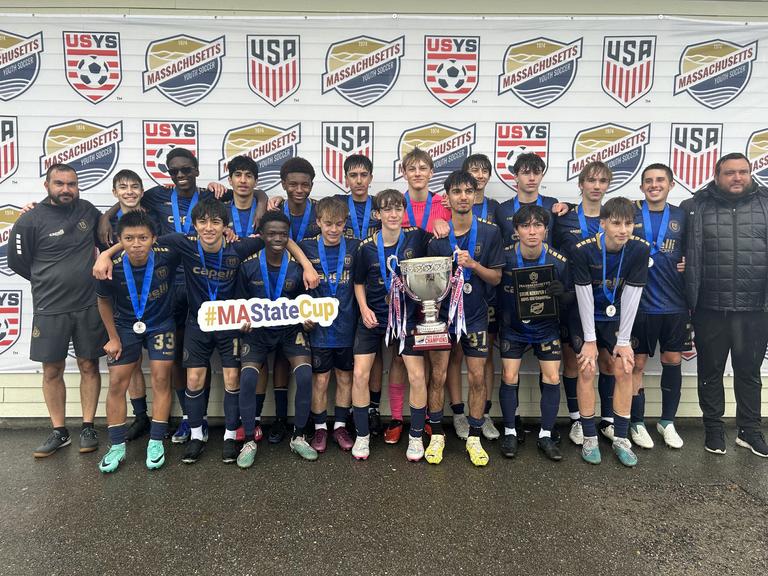
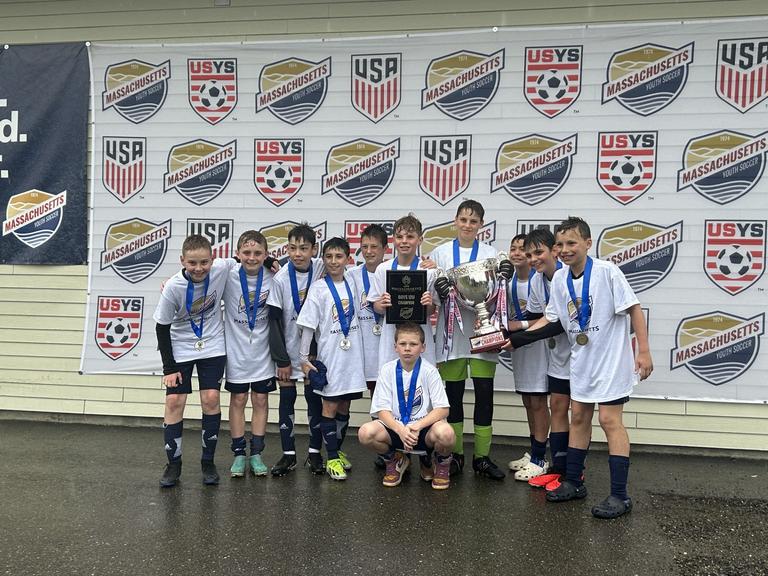
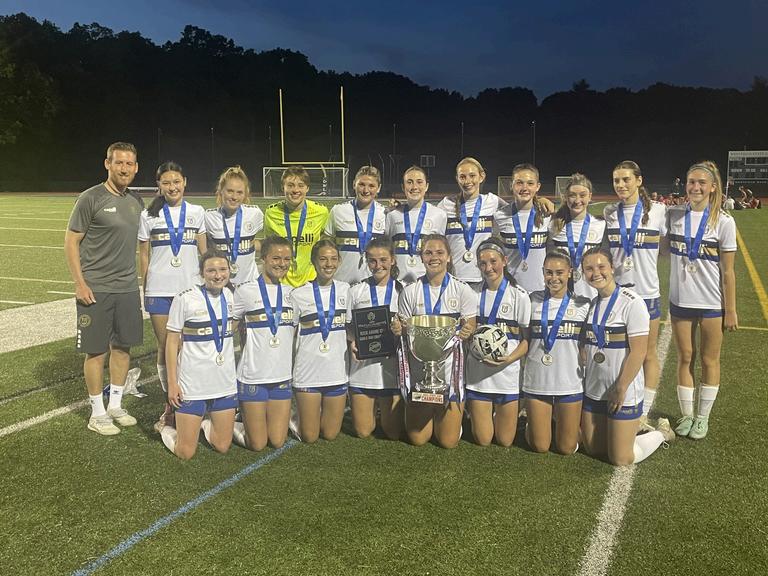





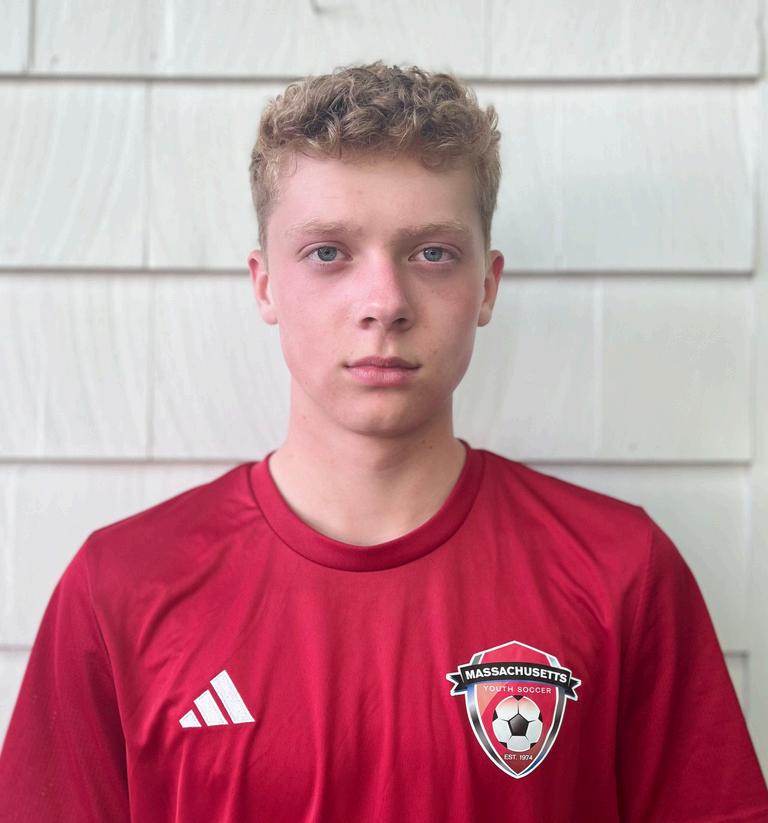
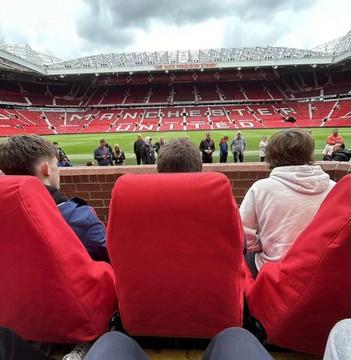
Looking back, this trip was one of my favorite experiences because of the places we went, the matches we watched, and the friendships we formed. International trips with ODP are something that I recommend to anyone who has the chance to participate.
By: Keegan Maxwell
During spring break, I had the opportunity to travel with the Massachusetts Olympic Development Program to England. We had the chance to play matches against local teams, explore the sites in London, Liverpool, and Manchester, and attend several professional soccer matches.
My favorite part of the trip was watching Millwall play in a very cool stadium. I especially enjoyed this because of their notoriously passionate fans, which really added to the experience. We were also able to tour famous stadiums, including Old Trafford and Anfield. These were great experiences as we were able to go out on the pitch and sit in the seats of some of the greatest players in the worldeveryone could feel the excitement in the air.
We also played a lot of soccer and participated in training sessions. One of these practices was with the world’s very first soccer club: Sheffield F.C. The coaches had great drills planned, and it really felt like the British soccer experience. We were also able to learn about the history of their club and then visit their stadium and team shop.

By: Melanie Foster
I had the honor of being able to represent Massachusetts Olympic Development Program internationally. I had a wonderful time playing competitive matches, but my biggest takeaways took place after the game. Despite the competitive nature of the games, post-game celebrations always took place together.
In London, we had opportunities to exchange social media and talk to each other. It was my first time being able to experience the international language of soccer. I made incredible friendships with girls with whom I communicate with nearly every week, despite the time difference. Traveling with a team also creates bonds amongst teammates that are irreplaceable. I had the privilege of meeting so many driven players who I connected with on and off the field. For example, my roommate from London is still one of my best friends.
The cities you visit will also leave a lasting impression. The itinerary for these trips seems daunting at the beginning of the week, but travelers can experience so much in a day that every day is its own adventure. I was able to tour London, walk through gardens, and take tours of castles, all in one day. The tour guides were incredible and quickly became a part of the family. David, our tour guide, never passed up an opportunity to join us in a picture or a TikTok.
Traveling abroad with Mass Youth Soccer gave me priceless memories and valuable friendships that will last long past my soccer career. To learn more about the Massachusetts Olympic Development Program, please visit our website at www.mayouthsoccer.org.


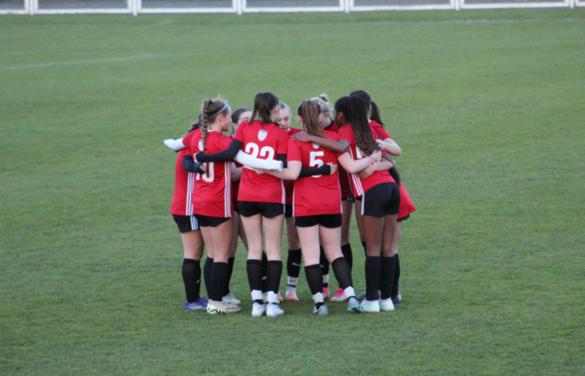

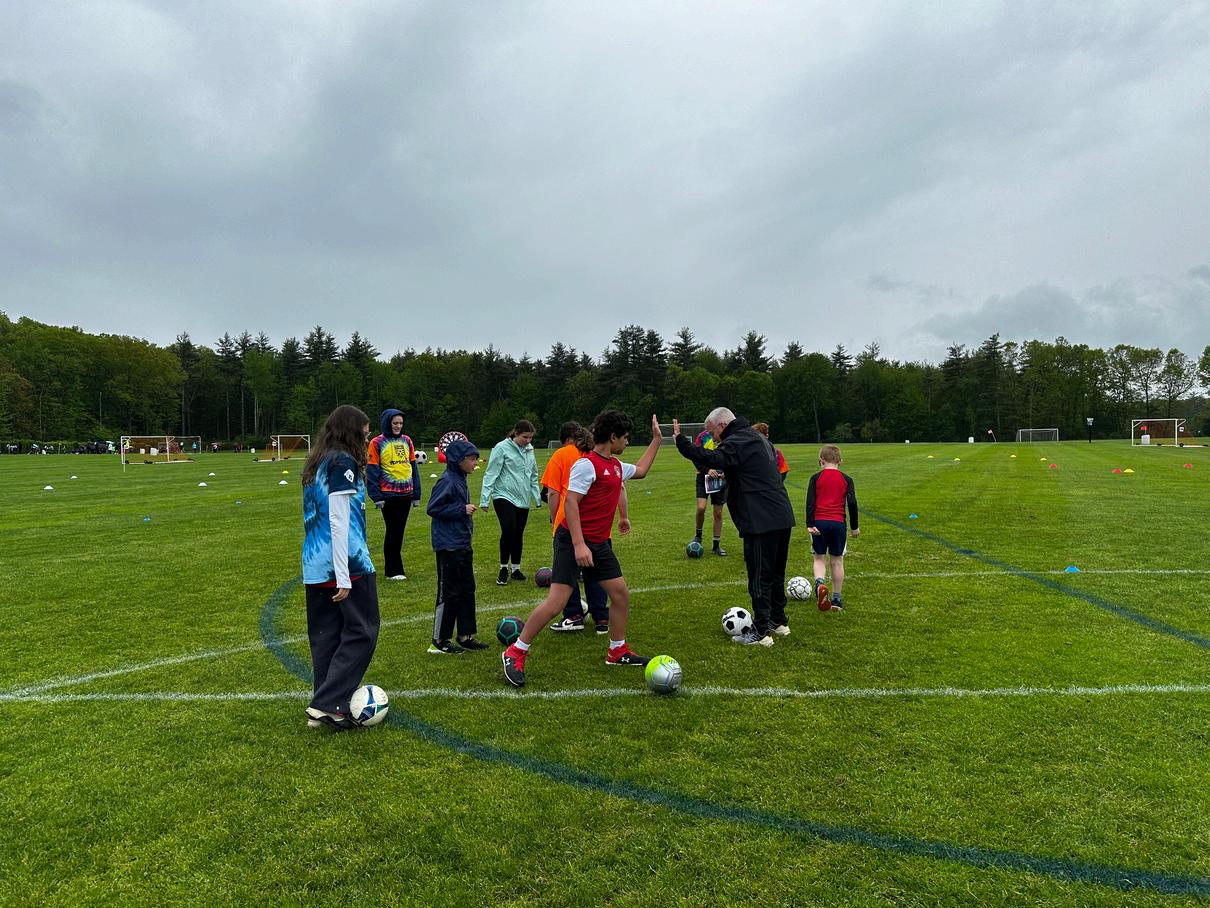
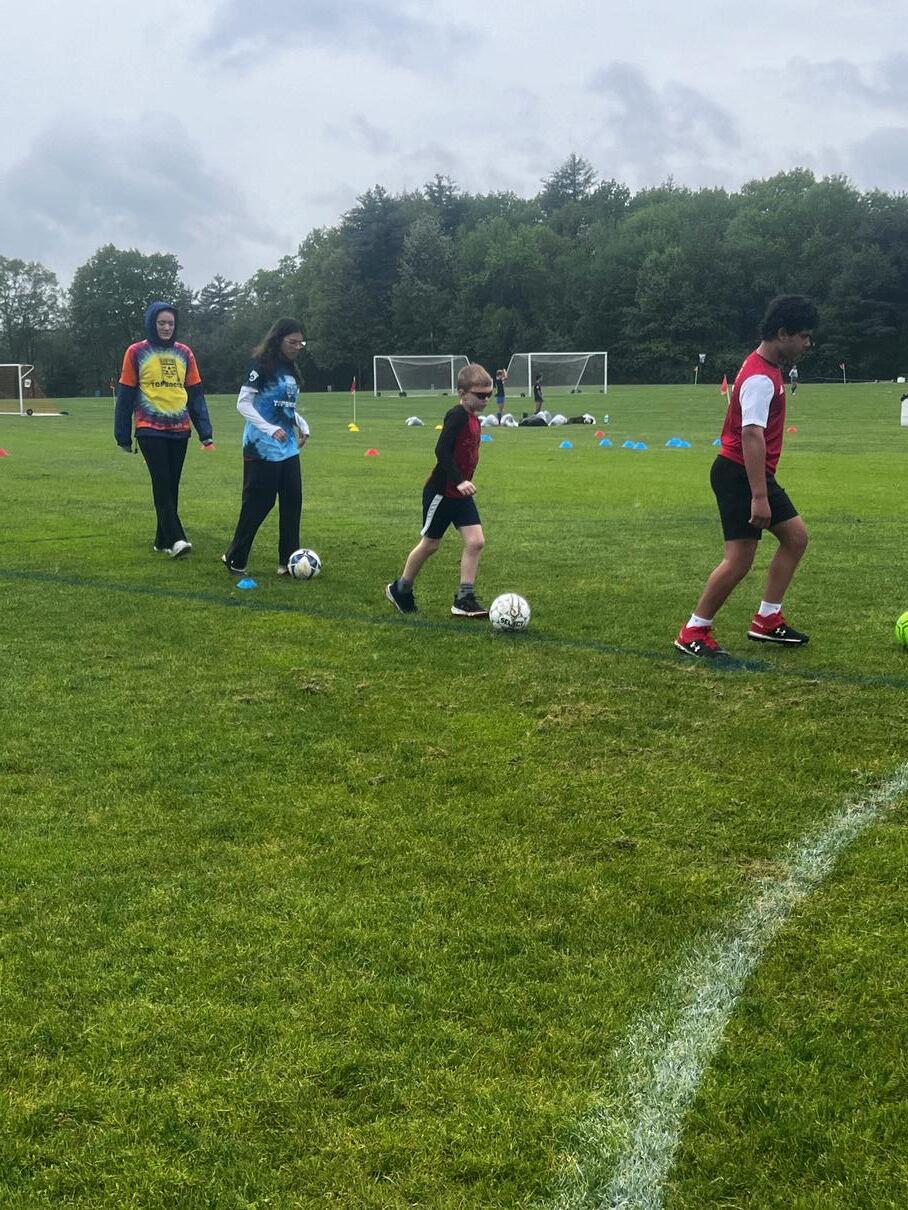


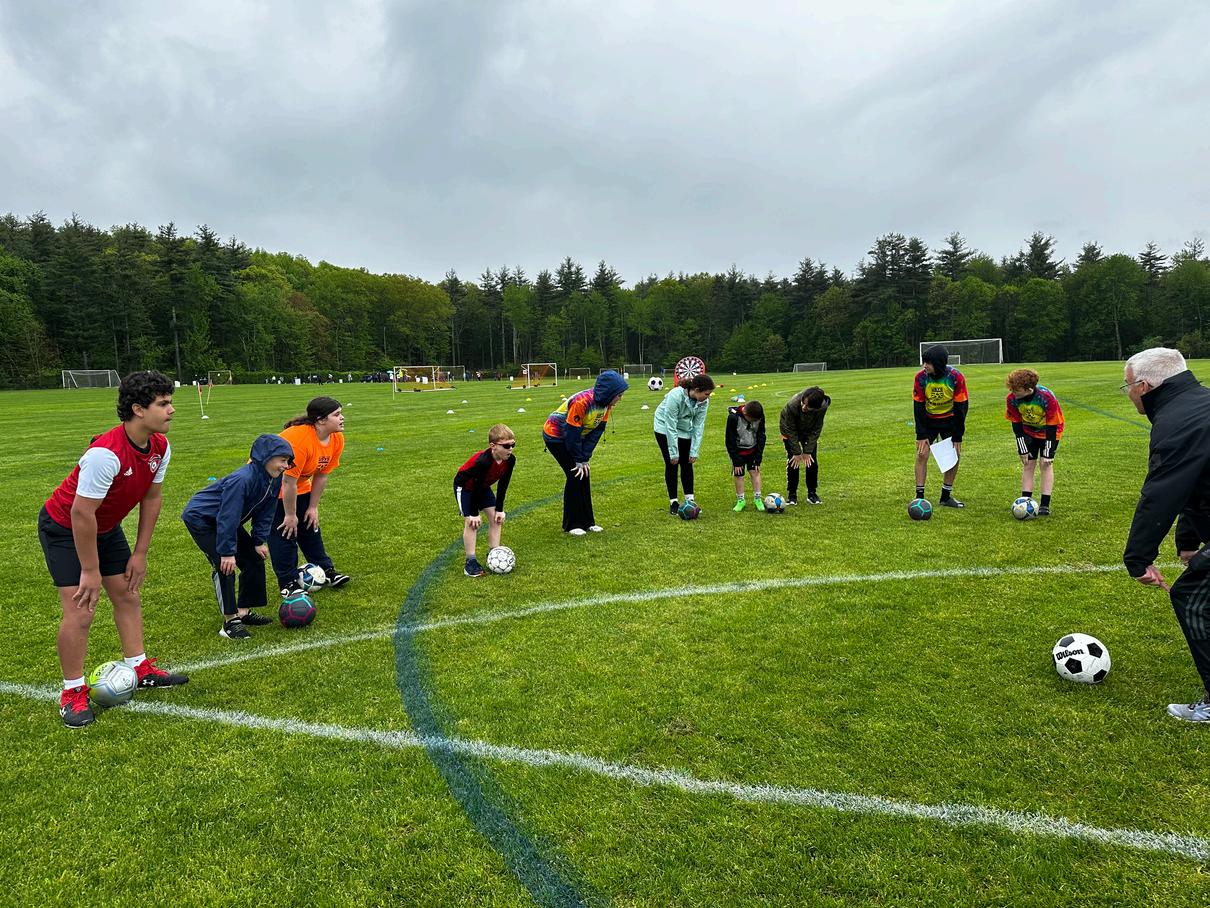

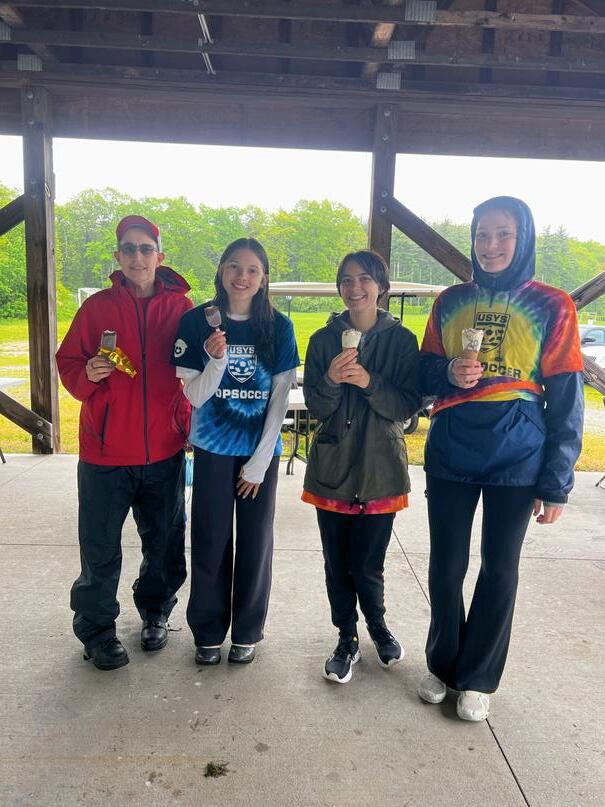
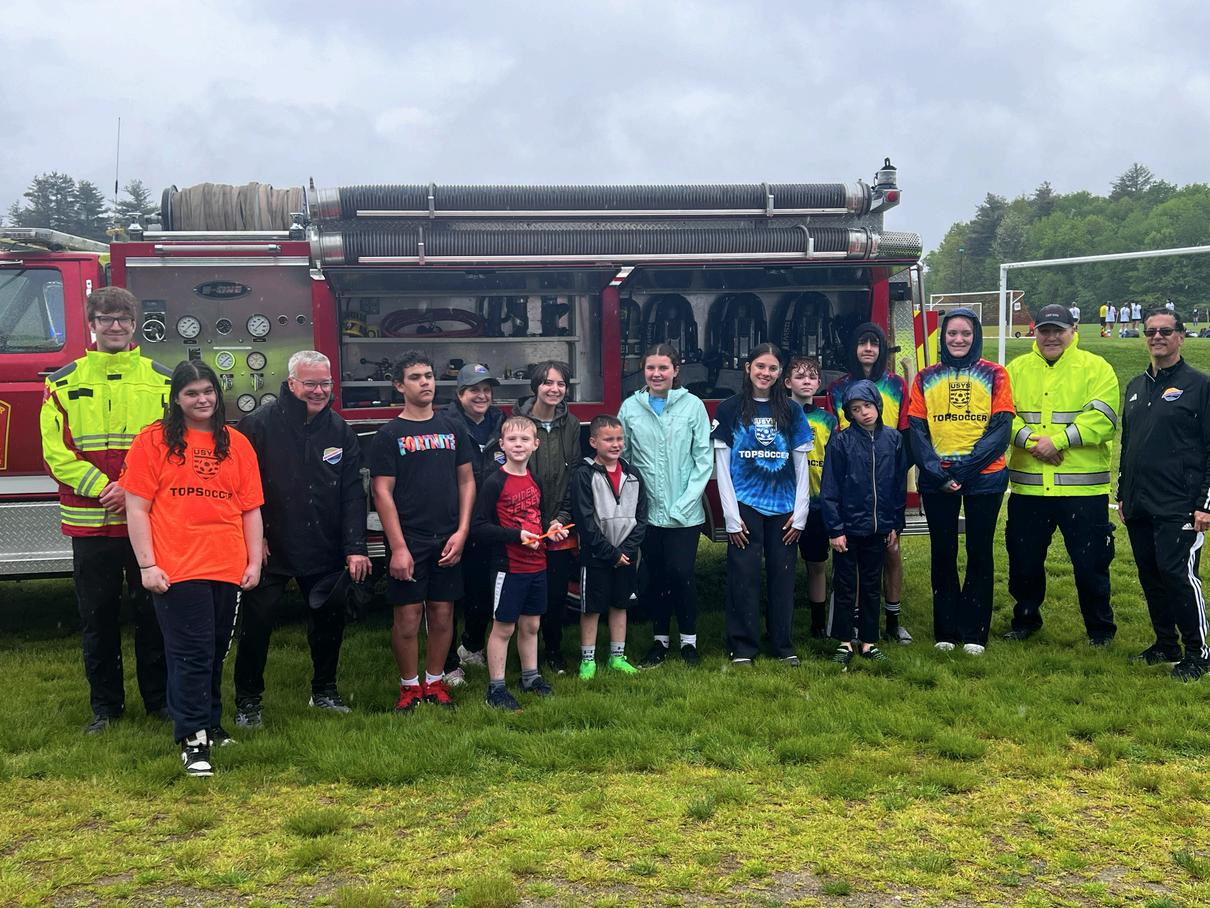
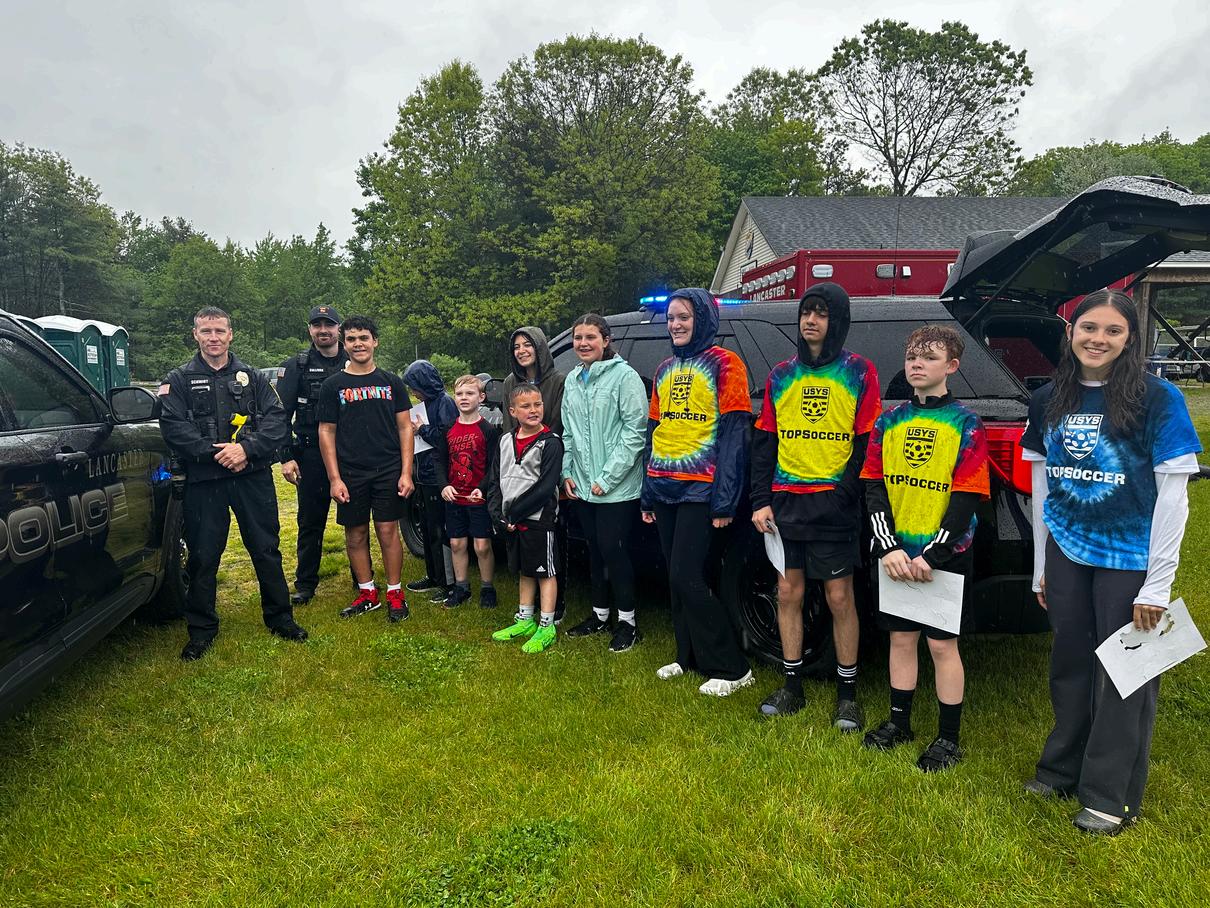



At Bay State Physical Therapy, we know how important it is for young soccer players to stay healthy and strong. As the Official Injury Prevention Partner of the Massachusetts Youth Soccer Association, we're here to help players, parents, and coaches understand the best recovery strategies. Recovering properly after a game or practice is key to performing well and avoiding injuries. Here are some tips to keep our young athletes in top shape.
Rest is one of the most important parts of recovery. After a challenging game or practice, your body needs time to repair and grow stronger. Make sure to get plenty of sleep each night – around 8-10 hours for most young athletes. Taking breaks during the week is also crucial. It's okay to have a day or two off from soccer to let your body fully recover.
Eating the right foods helps your body recover faster. After a game or practice, try to eat a snack that includes both protein and carbohydrates within 30 minutes. Protein helps repair muscles, while carbohydrates refill your energy stores Good options include a turkey sandwich, a banana with peanut butter, or a smoothie with yogurt and fruit.
Eat a balanced diet throughout the day with plenty of fruits, vegetables, lean proteins, and whole grains. Avoid sugary snacks and drinks, as they can cause energy crashes and aren't good for your overall health.
Staying hydrated is essential for peak performance and recovery. During exercise, your body loses water through sweat, so drinking plenty of fluids is essential. Aim to drink water before, during, and after games and practices. A good rule of thumb is to drink about half your body weight in ounces of water daily. For example, if you weigh 100 pounds, try to drink 50 ounces of water daily.
Sometimes, water isn't enough to replace all the electrolytes lost through sweating. Sports drinks can be helpful after intense exercise but be careful not to choose ones with too much sugar. Coconut water is a great natural alternative.



Preventing injuries is critical to a successful soccer season. Here are some tips to help stay injury-free:
1. Warm-Up Properly: Always start with a good warm-up before playing. This helps prepare your muscles and joints for activity. Try dynamic stretches like leg swings, high knees, and butt kicks.
2. Cool Down: After playing, cool down with light jogging and static stretching. This helps reduce muscle stiffness and soreness.
3. Strength Training: Building muscle strength can help prevent injuries. Focus on exercises that target the core, legs, and hips. Bodyweight exercises like squats, lunges, and planks are great for young athletes.
4. Proper Gear: Wear the right equipment, including well-fitting cleats and shin guards. This can help prevent common injuries like blisters and shin splints.
5. Listen to Your Body: If you feel pain or discomfort, don't push through it. Tell your coach or parents and take a break. Ignoring pain can lead to more serious injuries. Have you read our Injury Prevention Guide? Download your FREE copy today!
As a valued and trusted partner with Massachusetts Youth Soccer, our Bay State Physical Therapy team is your resource for any musculoskeletal pain or injuries you or your family may be experiencing. Click here to request an appointment at your nearest Bay State Physical Therapy location.
See You on the Pitch
By following these recovery strategies, young soccer players can stay healthy, improve their performance, and enjoy the game they love. Remember, taking care of your body off the field is just as important as your practice on the field. For more tips and personalized advice, visit us at Bay State Physical Therapy. We're here to support you every step of the way!
Let's keep our young athletes strong and ready for the next big game. Happy playing!
